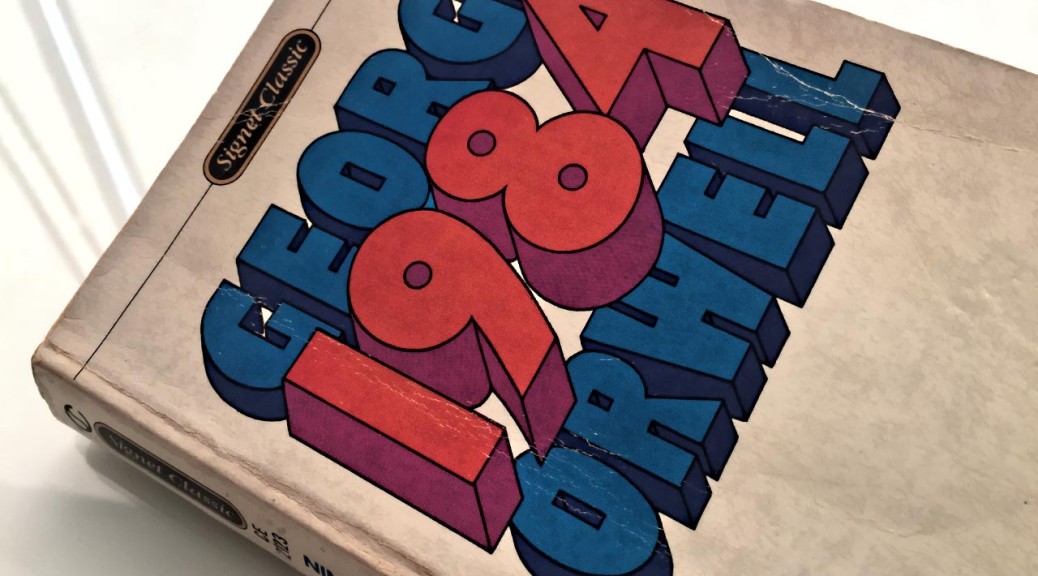Watched Creative Nonfiction (2009) Lena Dunham
Watched Creative Nonfiction (2009) Lena Dunham
Watched Un Chien Andalou (1929) Luis Buñuel and Salvador Dalí
La Frontera (1991) Ricardo Larraín
La Batalla de Chile (1975) Patricio Guzmán
El Chacal de Nahueltoro (1969) Miguel Littín
El hombre que imaginaba (1998) Claudio Sapiaín

Sunset Boulevard (1950) Billy Wilder
Watched Hidden Figures (2016) Theodore Melfi
Watched Moonlight (2016) Barry Jenkins
“The very reason he started out directing music videos and commercials was because there was no screen credit, just a convenient opportunity to learn the craft, and get paid for it. p. 204
“Doesn’t want to be made aware of expectations towards his work.” p. 204
“shouldn’t your movies, if they are truly personal, change the way you change?” p. 205
“I would like my brand to stand for ‘works really hard,’ ‘tries to make it as good as he possibly can.'” p. 205
Fincher will wait for Michael Brennan to be available as dolly grip on his films.
Zodiac, Girl with The Dragon Tattoo, The Curious Case of Benjamin Button, Fight Club, Se7en.
“The directors of the future are going to come from YouTube.” p. 207
Fincher: “I actually believe that anybody, who thinks that their dailies look amazing doesn’t understand what cinema is capable of.” p. 209
“But your point of view is all you’ve got.” p. 210
Fincher quoting Scorsese “The things you do badly are as much part of your style as the things you do well.” p. 210
“I don’t think you cannot have a perspective.” p. 211
“for David Fincher directing is more than drawing neat little pictures and showing them to the camera man… Directing means total control over everything the audience sees and hears for two hours; forging their experience of the story.” p. 211
Fincher: Staging… It’s the most important thing directors do,” p. 211
Fincher: “Creativity happens on the fringe… Start in the fringe, meet those people, write your scripts. I always wanted to give a lecture at filmschools. You go in and you see all these fresh faces, and you say: ‘You! Stand up, tell me your story. Tell me what your film is going to be about.’ And they start, and you go: ‘Shut up and sit the fuck down!’ And if they do, you go: ‘You’re not ready.’ the film business is filled with shut-up and sit-the-fuck-down. You got to be able to tell your story in spite of sit-down and shut-the-fuck-up.” p. 212
“essential Fincher: Trust yourself, trust your perspective on your story.” p. 212
to clients he will say “This is what I know how to do, this is what I want to do with this. And if you don’t want to do it, don’t hire me.” p. 212
Fincher: “I don’t like short-hand, and I don’t like to be told who’s evil. I don’t want to know who the villain is, I don’t want to know who the hero is.” p. 212
“Let’s not distill story-telling down.” p. 212
